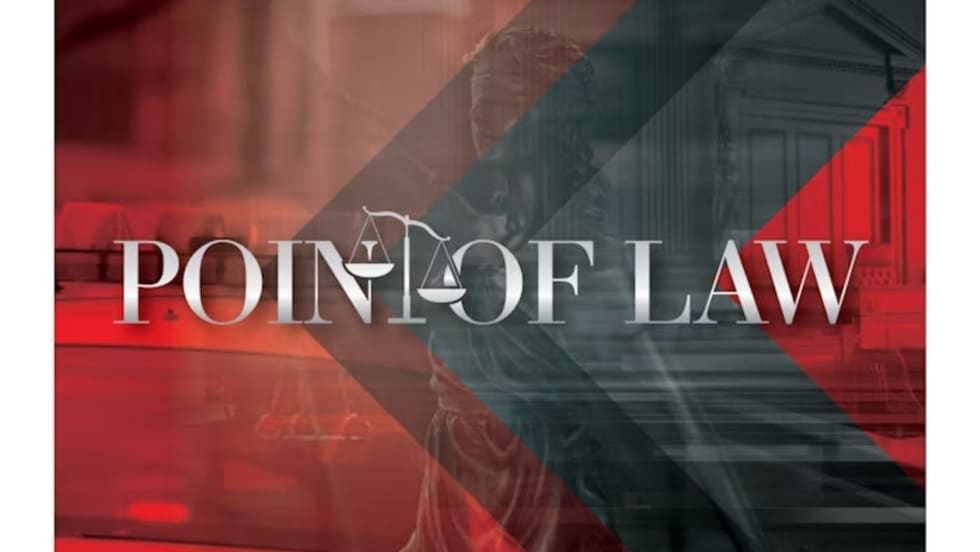The Supreme Court passed up at least seven cases Monday that would have allowed it to reconsider aspects of qualified immunity for police.
Under "qualified immunity," police and other officials are immune from federal civil lawsuits unless their actions violated clearly established legal precedents at the time. Some courts have required an extraordinarily precise match between the misconduct alleged in one case and in a prior one in order to find a violation of someone's constitutional rights.





